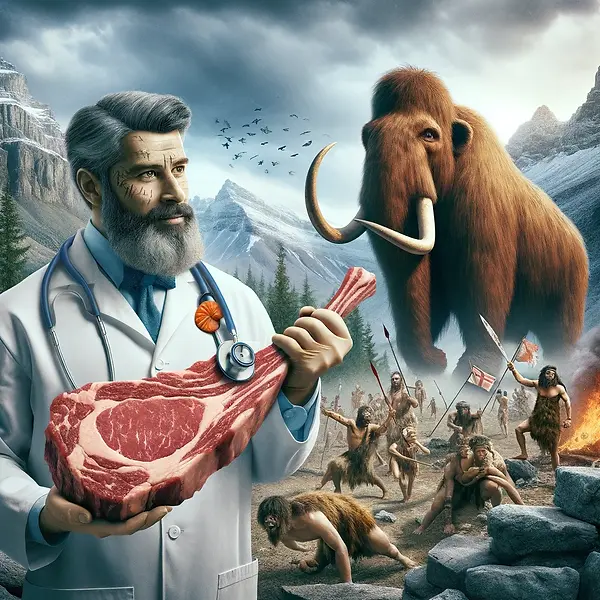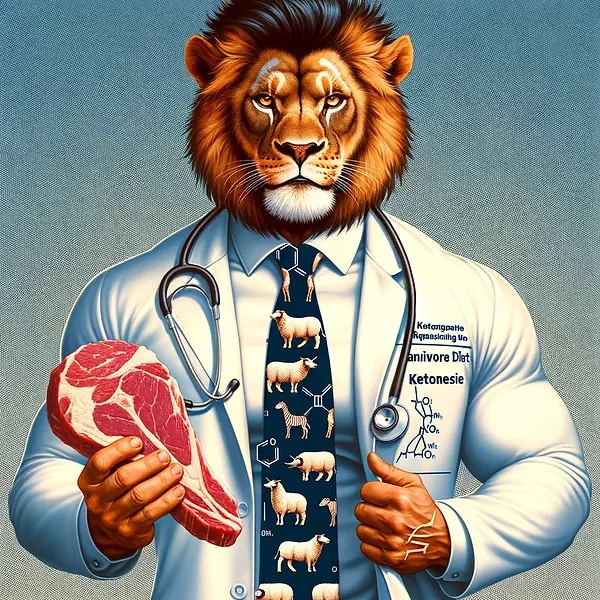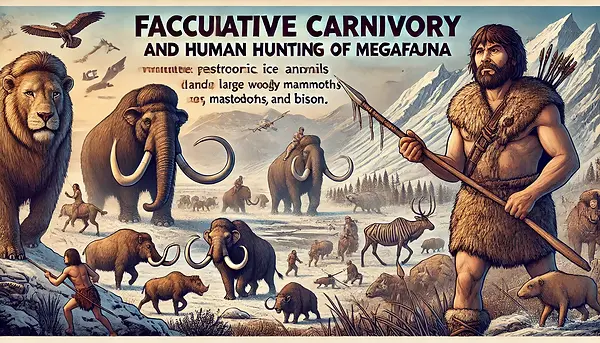
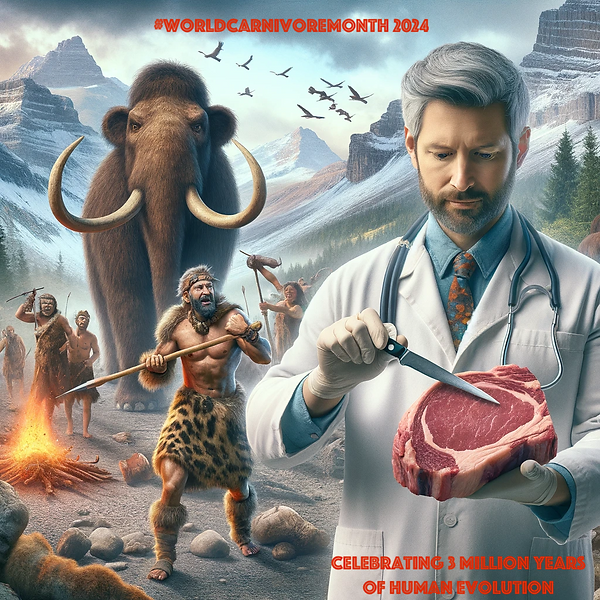
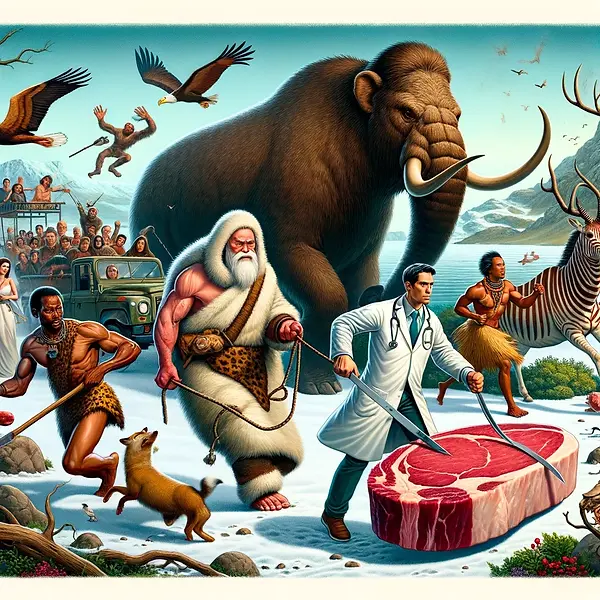
Title:
Humans are dependent upon eating choline, found mostly in meat and animal products like eggs.
Abstract:
Humans are unique in their diet, physiology and socio-reproductive behavior compared to other primates. They are also unique in the ubiquitous adaptation to all biomes and habitats. From an evolutionary perspective, these trends seem to have started about two million years ago, coinciding with the emergence of encephalization, the reduction of the dental apparatus, the adoption of a fully terrestrial lifestyle, resulting in the emergence of the modern anatomical bauplan, the focalization of certain activities in the landscape, the use of stone tools, and the exit from Africa. It is in this period that clear taphonomic evidence of a switch in diet with respect to Pliocene hominins occurred, with the adoption of carnivory. Until now, the degree of carnivorism in early humans remained controversial. A persistent hypothesis is that hominins acquired meat irregularly (potentially as fallback food) and opportunistically through klepto-foraging. Here, we test this hypothesis and show, in contrast, that the butchery practices of early Pleistocene hominins (unveiled through systematic study of the patterning and intensity of cut marks on their prey) could not have resulted from having frequent secondary access to carcasses. We provide evidence of hominin primary access to animal resources and emphasize the role that meat played in their diets, their ecology and their anatomical evolution, ultimately resulting in the ecologically unrestricted terrestrial adaptation of our species. This has major implications to the evolution of human physiology and potentially for the evolution of the human brain.
Details
https://www.nature.com/articles/s41598-021-94783-4
This dependence on meat could also have triggered important changes in early hominin physiology by adapting to a regular consumption of animal protein and fat. There is evidence that modern human physiology, which makes our species highly dependent on regular intake of cobalamine, may also have its origins in the early Pleistocene63. Choline, an essential nutrient that plays a crucial role in gene expression (through methylation of its oxidized form, S-adenosylmethionine) and in brain and liver function is also most abundant in meat and animal products, with very few plants containing any substantial amount of it64,65. Humans are also more dependent on this essential nutrient than other primates and failure to meet minimum doses leads to serious pathological conditions.
Hypothesis:
Humans are reliant upon choline from animal source foods indicating we're at least obligate carnivores if not facultative carnivores.

